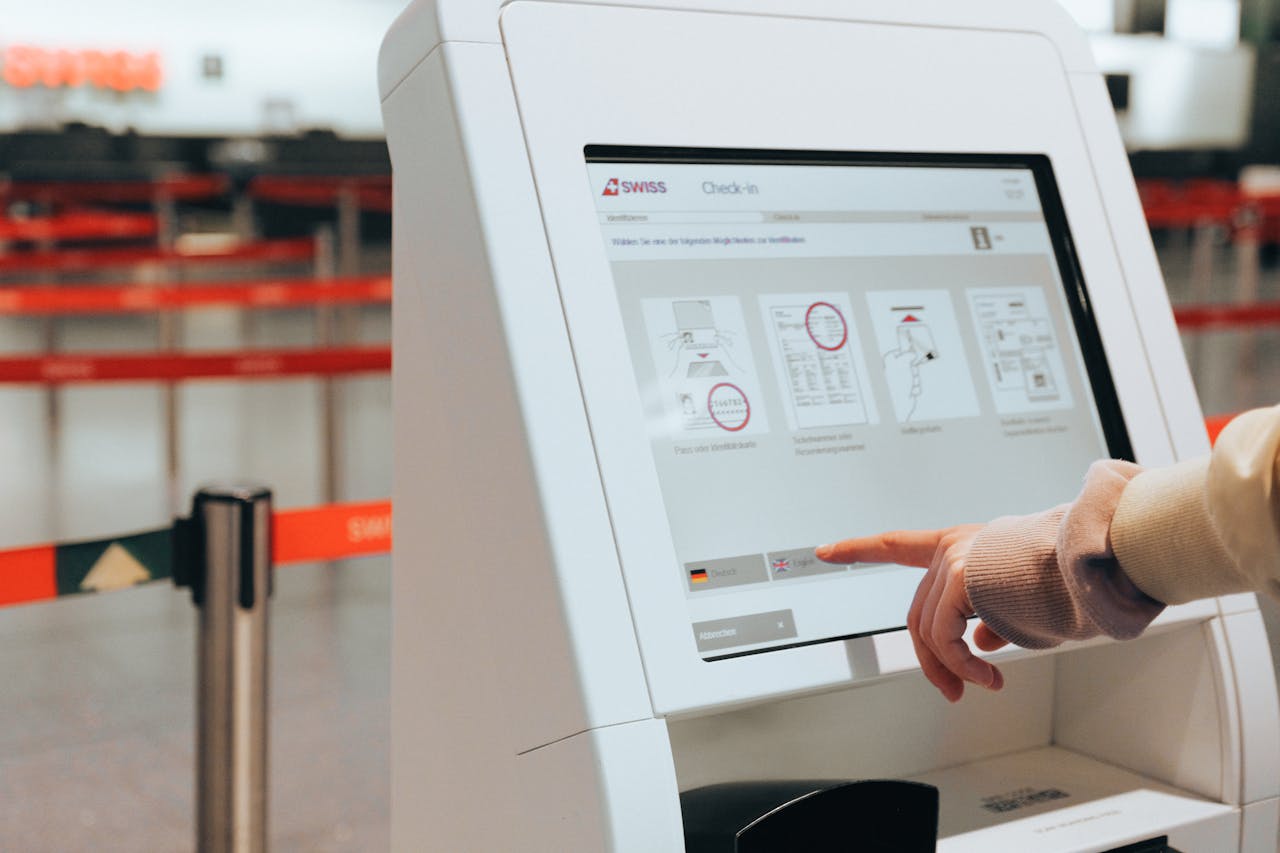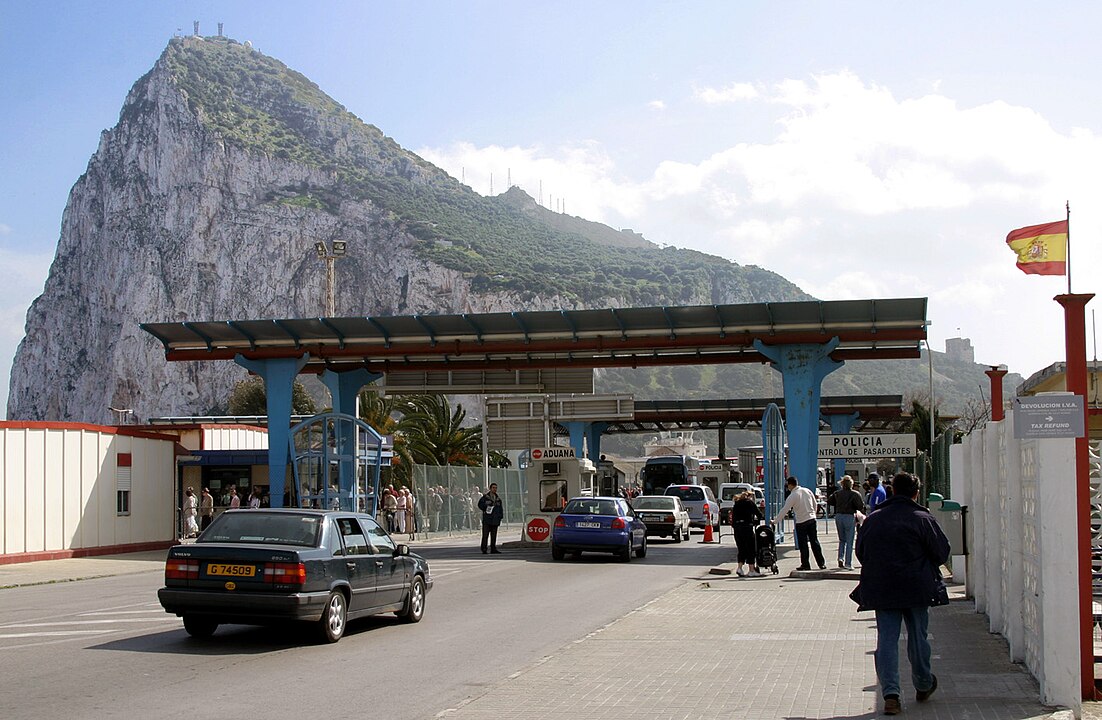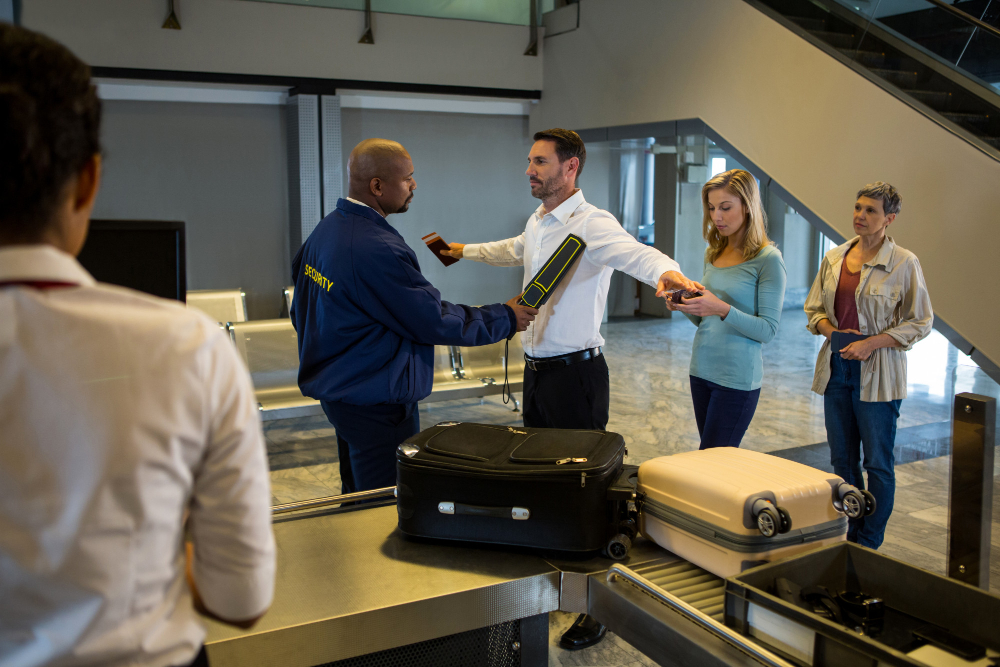European trips will still be about long dinners, great trains, and old stone streets, but the behind the scenes rules are changing fast. New border tech, digital paperwork, and local restrictions are shaping who gets in, how long they stay, and what they pay once they arrive. None of it is meant to scare visitors away. It is about control, security, and crowd management. Travelers who understand the basics now will have a calmer time figuring everything else out later.
Biometric Borders And The Entry Exit System

The new Entry Exit System replaces passport stamps with a shared biometric log for most non EU visitors entering the Schengen Area. From late 2025, first arrivals will involve fingerprints, a facial scan, and a full passport read at kiosks or staffed desks, with each entry and exit stored for years. That first visit may feel slower, but later crossings should move more quickly because the system already recognizes the traveler.
ETIAS Digital Approval Before Boarding

Many travelers who do not need a visa today will soon need an online ETIAS authorization before boarding transport to the Schengen zone. ETIAS checks passport details against security and migration databases, then issues a multi year approval linked to that document rather than a physical label. Fees are modest, but last minute planners will have to treat this like a mandatory pre trip step, not a suggestion.
Schengen Visas Move To A Single Online Portal

Short stay Schengen visas are shifting from stickers to fully digital records that live in shared EU systems. Applications will be filed on a central website, supporting documents uploaded directly, and approvals stored as secure entries instead of paper glued into a passport. biometrics still need to be provided in person, but consulate queues should shrink as fewer people show up just to submit printed forms.
Bulgaria And Romania Join The Schengen Travel Zone

The shape of border free Europe is changing, as Bulgaria and Romania enter Schengen and drop routine checks at their internal borders in phases. Air and sea Schengen rules already apply, and land controls are being removed in stages, tying these countries more closely to the broader European travel network. For overland trips, that creates smoother trains and road routes from Central Europe to the Black Sea and the Balkans.
The Ninety Days In One Hundred Eighty Rule Gets Teeth

The familiar rule that limits many visitors to ninety days in any rolling one hundred eighty day period inside Schengen has always existed, but enforcement was uneven. With Entry Exit data, every crossing is logged and overstays become obvious on screen instead of buried in old stamps. That shift matters most for slow travelers, remote workers, and frequent visitors who tend to stack multiple trips within a single year.
Long Term Storage Of Biometric Travel Histories

EES and related databases do not just check faces and fingerprints at the gate, they also retain them alongside travel histories for several years. Officials can see previous entries, exits, and any concerning gaps, then extend retention when they suspect overstays or other risks. The systems are built to connect with other European platforms, which makes borders faster for most visitors but less forgiving for anyone who ignores the rules.
Tourist Taxes, Green Fees, And Day Visitor Charges

City and regional tourist taxes are quietly climbing, especially in popular coastal and historic areas. Barcelona, for example, adds a local surcharge on top of regional hotel taxes and has raised rates for cruise passengers and higher end stays, using the money to manage crowds and services. Venice is expanding a day visitor fee on busy dates, and several Greek and Spanish destinations lean on green levies to fund climate and infrastructure work.
Rail Reservations, Luggage Rules, And Night Trains

Rail travel across Europe still feels relaxed compared with air, but operators are tightening rules as lines and demand grow. More high speed and cross border routes require paid reservations even when passengers hold passes, especially on French TGV trains, Italian services, and popular night routes. Luggage policies, quiet cars, and couchette only overnight journeys are enforced more strictly, which keeps trains orderly but gives travelers less room for improvisation.
Temporary Internal Border Checks Inside Schengen

Schengen promises passport free travel, yet several member states now run temporary internal checks that keep being extended. Germany, France, Austria, Denmark, and others inspect certain road crossings and rail lines in response to migration and security concerns, sometimes with little notice. The controls do not feel like full border posts, but they do mean that valid passports or identity cards must be close at hand on supposedly open routes.
Cash Declarations And Limits On Large Payments

Anyone entering or leaving the EU with ten thousand euros or more in cash or its equivalent must declare it, and customs agencies have stepped up enforcement of this long standing rule. Officers can ask questions, seize undeclared funds temporarily, and fine travelers even when money is legal. At the same time, the EU is working toward a bloc wide cap on large cash payments inside member states, combining border checks with tighter controls on big in person deals.
Rental Crackdowns In Tourist Hotspots

Short term rentals are under intense pressure in European cities where residents feel pushed out by holiday demand. Barcelona plans to phase out many tourist apartments by the end of the decade and already restricts new licenses while pairing those rules with higher visitor taxes. Other destinations from Amsterdam to Lisbon have tightened registration and inspection, making it riskier to rely on unlicensed listings and nudging more visitors back toward hotels and regulated rentals.


